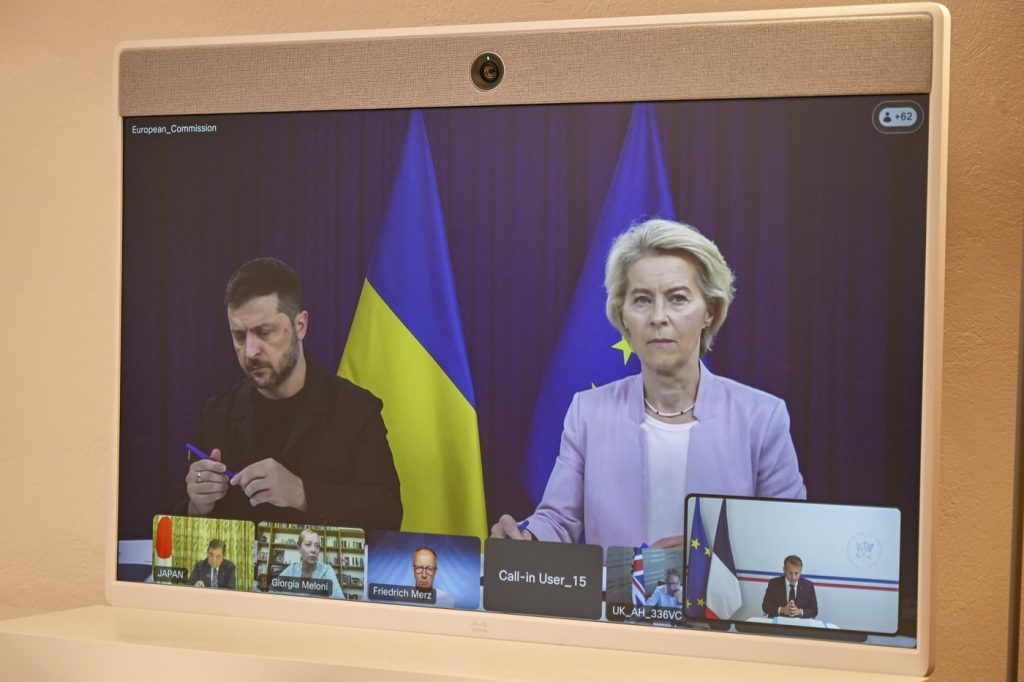Canada's Jobs Minister, Patty Hajdu, has announced that the federal government will initiate an investigation into allegations of unpaid work within the airline sector, coinciding with a work stoppage at Air Canada that is now extending into its third day. The flight attendants' union has raised concerns that employees are not compensated for duties performed while planes are not in the air.
In an interview with The Canadian Press, Hajdu expressed her deep concern regarding these allegations, calling them “deeply disturbing.” Although she inquired with the federal labour department regarding any complaints from the airline sector about unpaid work, she stated that, to her knowledge, no such complaints have been reported so far.
Hajdu clarified that the investigation will not immediately resolve the ongoing labour unrest at Air Canada, indicating that it could take “a number of weeks” for her department to conduct interviews with both employers and unions to assess the full scope of collective agreements within the Canadian airline sector. Should the findings support the allegations of unpaid work, Hajdu indicated she is open to introducing legislation to address any identified loopholes.
The minister hopes that the probe will restore confidence among Canadians, assuring them that there will be legal or other remedies for instances of unpaid work. This announcement comes closely after Hajdu had requested the Canada Industrial Relations Board (CIRB) to impose binding arbitration on the ongoing dispute between Air Canada and the flight attendants’ union. Despite this, the union has remained on the picket line, effectively grounding Air Canada flights for three days, despite a ruling from the CIRB declaring the strike unlawful.
Hajdu noted that the CIRB is currently examining the situation and that the matter might be escalated to Federal Court. Labour leaders have criticized the federal government's previous use of Section 107 of the Labour Code, arguing that it undermines workers' rights to strike and compels them into arbitration, a move the government has employed in situations involving workers at ports, railways, and other sectors in recent years.
When asked if the government made an error in attempting to impose binding arbitration soon after the flight attendants’ strike began, Hajdu referred to the decision as a “very difficult choice.” She explained that the parties involved had reached an impasse, with a significant economic impact looming as ongoing flight cancellations became evident.
Hajdu remarked, “It was a decision made primarily because both parties said that they were at an impasse and that the dispute was intractable,” indicating that the government felt compelled to intervene. However, she clarified that the federal Liberal government is not considering calling Parliament back early to enact back-to-work legislation, stating that the resolution now lies primarily with the parties involved.
Hajdu called upon both parties to engage in dialogue to resolve the standoff, stressing the importance of getting Canadians on their way and mitigating the “economic shock.” She emphasized that both Air Canada and the union must be willing to adjust their expectations to facilitate negotiations. “Everybody has to put a little water in their wine in collective agreements and bargaining. Nobody gets exactly what they want,” she stated.
Prime Minister Mark Carney also expressed disappointment over the lack of agreement between the two parties. He noted that the determination of being at an impasse came from both the union and the company, not from the government. Carney acknowledged the “critical role” flight attendants play in ensuring the safety of travelers and reiterated the importance of fair compensation for their work.
After a meeting with Premier Doug Ford in Ottawa, Ford conveyed to reporters that equitable wages are a right everyone deserves, and emphasized that any final agreement must be in the best interest of not just the workers, but also the company and the Canadian public. When addressing the union's decision to ignore the back-to-work order, Ford remarked that it is the federal government’s obligation to ensure negotiations resume.












